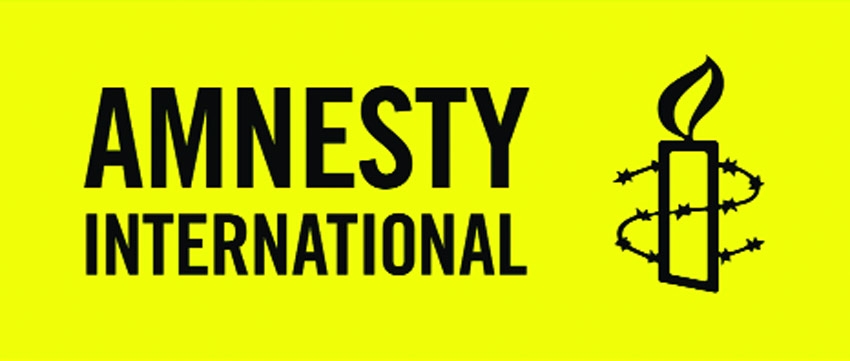Published: 08:13 AM, 18 November 2025
Justice for victims not served by death sentence against Sheikh Hasina: Amnesty

Responding to Monday's decision by Bangladesh's International Crimes Tribunal to sentence former Prime Minister Sheikh Hasina and former Home Minister Asaduzzaman Khan Kamal to death after convicting them in absentia of crimes against humanity, Amnesty International's Secretary General, Agnès Callamard, said: "Those individually responsible for the egregious violations and allegations of crimes against humanity that took place during the student-led protests in July and August 2024 must be investigated and prosecuted in fair trials. However, this trial and sentence is neither fair nor just. Victims need justice and accountability, yet the death penalty simply compounds human rights violations. It's the ultimate cruel, degrading and inhuman punishment and has no place in any justice process.
"More than 1,400 people were killed and thousands injured between July and August 2024. Justice for survivors and victims demands that fiercely independent and impartial proceedings, which meet international human rights standards are conducted. Instead, this trial has been conducted before a court that Amnesty International has long criticized for its lack of independence and history of unfair proceedings. Further, the unprecedented speed of this trial in absentia and verdict raises significant fair trial concerns for a case of this scale and complexity. Although Sheikh Hasina was represented by a court-appointed lawyer, the time to prepare a defence was manifestly inadequate. Such unfair trial indicators are compounded by reports that defence cross examination of evidence deemed to be contradictory was not allowed.
"This was not a fair trial. The victims of July 2024 deserve far better. Bangladesh needs a justice process that is scrupulously fair and fully impartial beyond all suspicion of bias and does not resort to order further human rights violations through the death penalty. Only then can genuine and meaningful truth, justice and reparations be delivered."
Amnesty International opposes the death penalty in all cases without exception, regardless of the nature or circumstances of the crime; guilt, innocence or other characteristics of the individual; or the method used by the state to carry out the execution.



